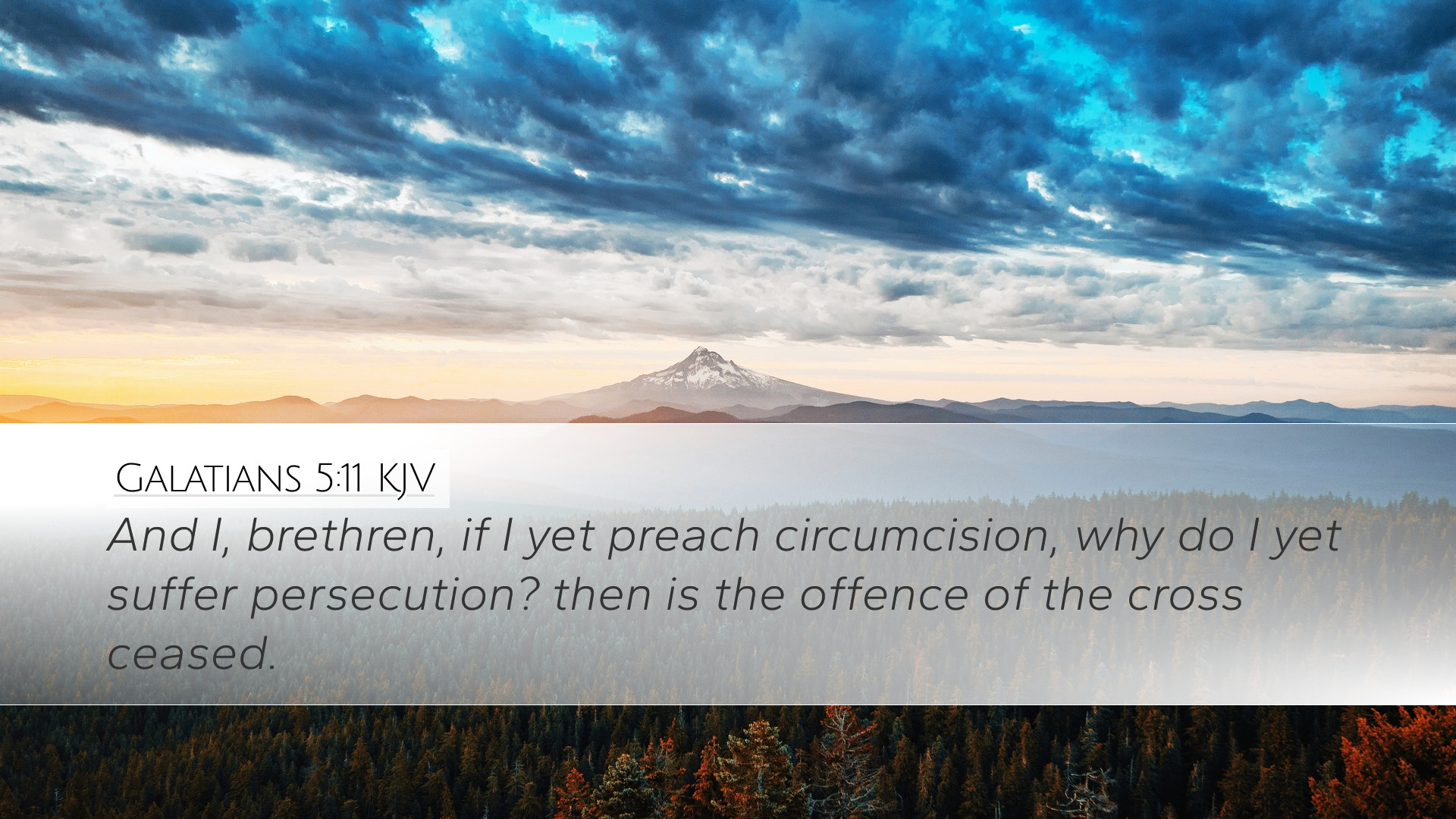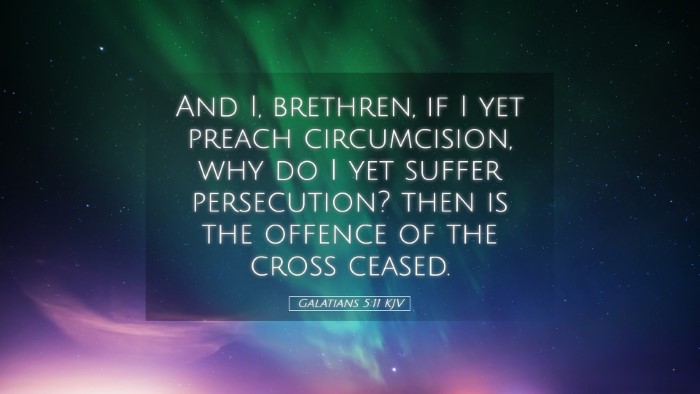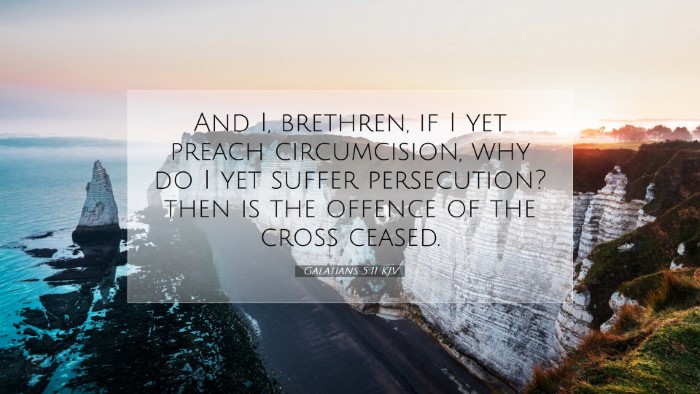Old Testament
Genesis Exodus Leviticus Numbers Deuteronomy Joshua Judges Ruth 1 Samuel 2 Samuel 1 Kings 2 Kings 1 Chronicles 2 Chronicles Ezra Nehemiah Esther Job Psalms Proverbs Ecclesiastes Song of Solomon Isaiah Jeremiah Lamentations Ezekiel Daniel Hosea Joel Amos Obadiah Jonah Micah Nahum Habakkuk Zephaniah Haggai Zechariah MalachiVerse
Galatians 5:1 Galatians 5:2 Galatians 5:3 Galatians 5:4 Galatians 5:5 Galatians 5:6 Galatians 5:7 Galatians 5:8 Galatians 5:9 Galatians 5:10 Galatians 5:11 Galatians 5:12 Galatians 5:13 Galatians 5:14 Galatians 5:15 Galatians 5:16 Galatians 5:17 Galatians 5:18 Galatians 5:19 Galatians 5:20 Galatians 5:21 Galatians 5:22 Galatians 5:23 Galatians 5:24 Galatians 5:25 Galatians 5:26

